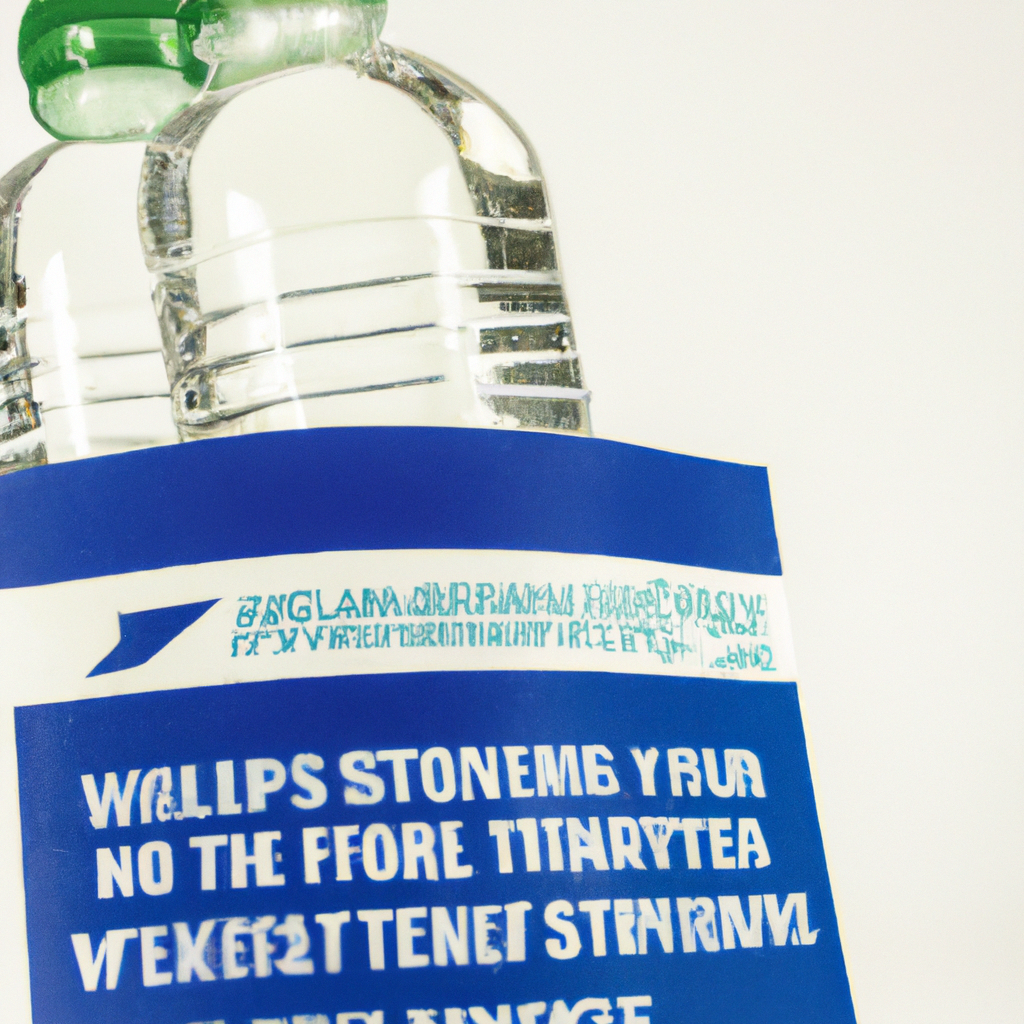Are you looking to make the most of your workouts and optimize performance in the gym? Knowing before you start your workout what to eat, how much to eat, and when to eat can be key to taking your fitness to the next level. Read on to learn the basics of pre-exercise nutrition and discover strategies for fueling your workouts for maximum performance.
1. Ignite Your Performance: Unleashing the Power of Pre-Exercise Nutrition
Fueling your body with pre-exercise nutrition is one of the most critical aspects of training and performance. Eating the right foods, in the right amounts, before exercise can not only improve your workouts, but also have lasting impacts on your overall health. Here’s how:
- Improve Energy Production: Eating pre-exercise meals helps your body to produce the energy it needs for physical activity, improving performance and decreasing fatigue.
- Enhanced Muscle Synthesis: Fueling with healthy proteins before your workout can help stimulate muscle growth, repair, and recovery.
- Gastrointestinal Comfort: Eating ample pre-exercise nutrition ensures that your body has the energy it needs to work efficiently, while avoiding any GI distress that could be caused by exercising with an empty stomach.
A pre-exercise meal should be light and contain easily-digestible ingredients, as the goal is to provide fuel for activity without any digestive issues. A combination of complex carbohydrates and proteins, such as oatmeal with nuts and seeds, or a quinoa-based salad, is a great choice. Adding a bit of healthy fats, such as avocado or olive oil, can also be beneficial.
It is important to note that the timing of your pre-exercise meal is equally important as its contents. Eating shortly before your workout, such as 30-minutes to an hour before exercising, is the best way to ensure that your body has plenty of fuel for physical activity. Alternatively, eating ahead of your workout can help you replenish any energy stores you may have used during exercise.
Overall, pre-exercise nutrition is essential for sustaining and improving your performance. Eating the right foods before exercise can help to optimize your workout and help you to achieve your long-term fitness goals.
2. Feast on Energy: Fueling Your Body for Optimal Workout Results
Exercising on an empty tank is like driving on empty: there’s no energy to get you where you want to go. If you want to maximize your workout, it’s essential to eat and drink the right things before and after every session.
Before a workout, aim for a meal or snack with a combo of carbohydrates and protein. Here are some foods that fit the bill:
- Bananas and peanut butter
- Berries and Greek yogurt
- Oatmeal with almond milk
- Whole wheat toast with an egg
- A smoothie with yogurt and fruit
Another important part of fueling up to reach peak performance is to remain hydrated. Without enough body water, you won’t be able to work out as hard or for as long. Aim to drink 8-10 ounces of water a few hours before exercise and continue to sip throughout your session.
Post-workout fuel should include muscle-repairing proteins as well as carbohydrates. Your body uses proteins to rebuild and recharge your muscles, which is why protein-packed snacks like almonds or Greek yogurt make great post-workout snacks. After a sweat session, your body needs carbohydrates because they will help restore your glycogen levels. Try a combination like a peanut-butter-and-banana sandwich, a plate of grains and roasted vegetables, or a small glass of juice and a handful of almonds.
By providing sufficient energy to and from your workouts, not only will you reap greater rewards, but you’ll also be better prepared for the next session. After all, your body needs the proper fuel before, during, and after exercise to maximize your results.
3. Unlocking the Secret to Athletic Greatness: The Importance of Pre-Workout Nutrition
If you want to unlock the secret to athletic greatness, you’ll need to pay attention to your pre-workout nutrition. Eating the right food before a workout helps to fuel your body for optimal performance, while avoiding suboptimal energy levels. Essentially, pre-workout nutrition is all about giving your body the best start when it comes to mobilizing energy and getting the most out of your work-out.
No matter what sport you are training for, the importance of pre-workout nutrition should not be underestimated. Pre-workout nutrition helps to:
- Provide the energy you need for an effective workout – Before you exercise, it’s important to eat the right kind of food that will give your body enough energy for an effective workout. Carbohydrates are particularly important when it comes to providing enough energy to get through a workout, while protein is important for helping your body to repair and rebuild muscle.
- Boost your performance – The food you eat prior to a workout can have a big effect on your performance. For instance, eating complex carbohydrates before exercise can help to improve your exercise endurance. Eating protein before a workout can also help to boost your performance, as it can help to repair and build muscles.
- Help your body to recover – Eating the right food before exercise can also help your body to recover more quickly and efficiently, which is essential if you want to make the most out of your workout.
When it comes to pre-workout nutrition, timing is key. Eating too close to a workout can lead to an uncomfortable feeling of fullness, while eating too far away can cause your energy levels to drop throughout the workout. Ideally, you should aim to eat around an hour before a workout for the best results.
Overall, pre-workout nutrition is an essential part of any athlete’s training regime. Eating the right kind of food before exercise can help to fuel your body so you can get the most out of your workout and provide your body with the energy and nutrients it needs for optimal recovery. So, if you want to unlock the secret to athletic greatness, make sure you pay attention to your pre-workout nutrition.
4. Nourish Your Way to Success: Pre-Exercise Nutrition Strategies for Unleashing Your Fitness Potential
Do you have your eye on the fitness prize? You’ve taken the first step to success already—setting realistic fitness goals. But now the real challenge is finding ways to unleash your full potential. Look no further than your pre-exercise nutrition strategies. Here are four easy-to-implement tips for getting the most out of your workout.
- Watch Your Carbs: Pre-workout fuel should contain fewer carbs than you might think—typically no more than 25 grams. Eating too many carbs can inhibit fat burning and lead to less than ideal results for your workouts.
- Get Your Protein: To help muscles repair and rebuild, focus on 20-30g of protein in your pre-workout meal. From eggs and roasted vegetables to smoothies, there are plenty of delicious protein-packed options.
- Eat the Right Fats: Fat keeps us feeling full for longer so you don’t need to eat as often—perfect for a busy training schedule. Look for healthy fats like nuts, avocado, seeds and coconut oil in your pre-workout meal.
- Hydrate, Hydrate, Hydrate: No pre-workout nutrition plan is complete without proper hydration. Make sure you drink plenty of fluids before and during exercise for the best results from your workouts.
Following a healthy pre-workout nutrition plan is the key to unleashing your fitness potential. Begin by creating a meal plan that meets your individual fitness goals and involves nutritious foods that fuel your routine. Once you establish a routine, you’ll find that nourishing your body is easier than you think.
Before you even step into the gym, you can dramatically improve your fitness performance simply by nourishing your body correctly. With a proper pre-washing nutrition plan, you can ensure that you’re getting the most out of every workout and taking a giant leap forward in your fitness journey.
Whether you prefer a cup of coffee and light snack or a wholesome meal, nutrition is just as important as the exercise when it comes to reaching your fitness goals. Thanks for arming yourself with necessary knowledge that will keep your workouts fueled for the long haul.



